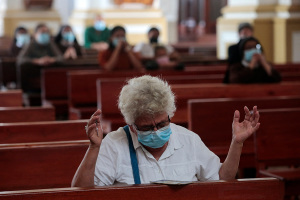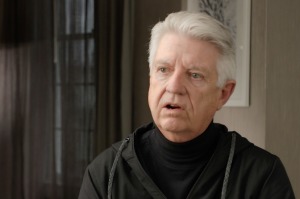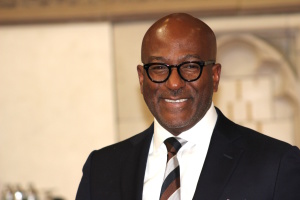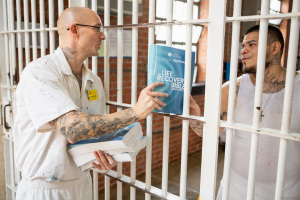Jewish university suspends all student clubs after court orders approval of LGBT group
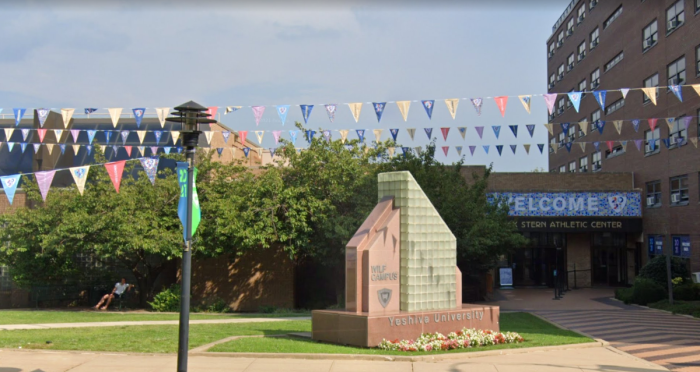
An Orthodox Jewish university has suspended all student club activities following the U.S. Supreme Court's reversal of a temporary order sparing the institution from having to approve the establishment of an on-campus LGBT organization while its case is adjudicated.
Yeshiva University told students in an email Friday that it would "hold off on all undergraduate club activities while it immediately takes steps to follow the roadmap provided by the U.S. Supreme Court to protect YU's religious freedom."
A spokesperson for Yeshiva University told The Christian Post in a Monday statement that the institution filed briefs on Friday, as instructed by the Supreme Court.
"We anticipate a quick conclusion in the courts and the start of clubs soon," the spokesperson wrote.
Katie Rosenfeld, the attorney representing YU Pride Alliance, called the university's suspension of all club activities a "shameful tactic" in a statement published by CNN.
The attorney argued that the Pride Alliance only seeks a "safe space" on campus.
"The YU administration's announcement today that it will cancel all student club activities rather than accept one LGBTQ peer support group on campus is a throwback to 50 years ago when the city of Jackson, Mississippi closed all public swimming pools rather than comply with court orders to desegregate," she said.
Last week, the Supreme Court left in place a New York state court ruling in a 5-4 vote, lifting Justice Sonia Sotomayor's temporary order preventing Yeshiva University from having to give the Pride Alliance group the same privileges as other student organizations under the New York City Human Rights Law.
The law includes sexual orientation and gender identity among classes protected from discrimination in places of public accommodation.
The nation's high court determined it was too early to take up the university's case and that it must go through the lower courts first. The court ruled that Yeshiva could return if lower courts did not offer a quick resolution.
The opinion was unsigned, but the justices who sided with the majority were Chief Justice John Roberts and Justices Sonia Sotomayor, Elena Kagan, Brett Kavanaugh and Ketanji Brown Jackson.
"The application for stay pending appeal of a permanent injunction entered by the New York trial court, presented to JUSTICE SOTOMAYOR and by her referred to the Court, is denied without prejudice to applicants again seeking relief from this Court if, upon properly seeking expedited review and interim relief from the New York courts, applicants receive neither," the order states.
Justice Samuel Alito wrote the dissent opinion, joined by Clarence Thomas, Neil Gorsuch and Amy Coney Barrett. They contend that Yeshiva University's right to religious freedom should exempt them from having to recognize the LGBT group.
"The First Amendment guarantees the right to the free exercise of religion, and if that provision means anything, it prohibits a State from enforcing its own preferred interpretation of Holy Scripture," Alito wrote.
The conservative justice wrote that New York denied the school this right, calling it "disappointing that a majority of this Court refuses to provide relief."
The case began last year after Pride Alliance filed a lawsuit against the school. In June, the New York State Supreme Court ruled that Yeshiva University must recognize YU Pride Alliance as a formal student organization.
New York Supreme Court First Judicial District Judge Lynn Kotler wrote that the school serves more as an "educational corporation" than a "religious corporation."
The judge's order "permanently" restrains university leaders "from continuing their refusal to officially recognize the YU Pride Alliance as a student organization because of the members' sexual orientation or gender and/or YU Pride Alliance's status, mission, and/or activities on behalf of LGBTQ students."
















